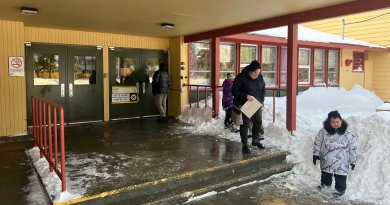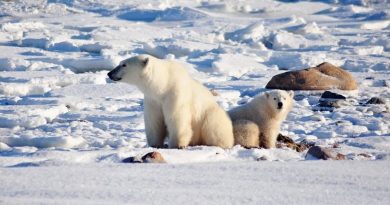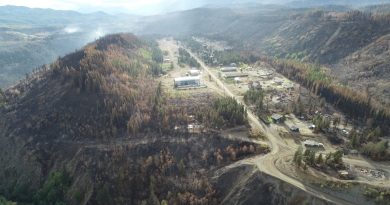Climate change doc from Arctic Canadian teens to be shown at UN conference
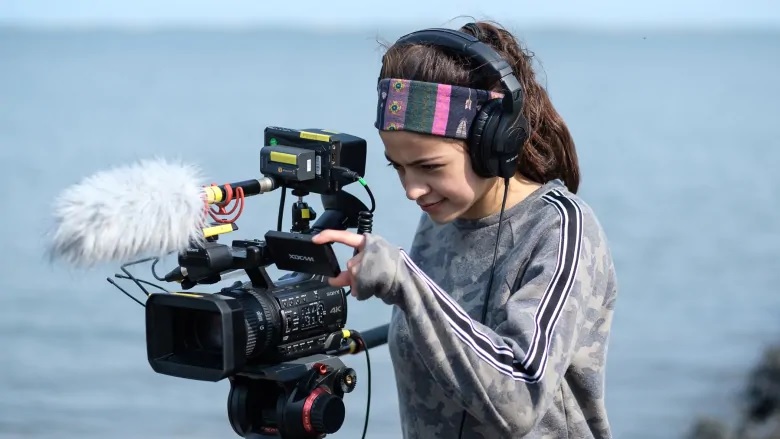
A group of seven teenagers from Tuktoyaktuk, northwestern Canada, has been invited to show a documentary they made on climate change at a United Nations convention this winter.
In June, the teens took part in a workshop where they learned how to film, edit and produce their own documentary.
“It’s pretty awesome because we could show people how we’ve been through so much,” said 17-year-old Carmen Kuptana.
“[We] see the changes happening around here by climate change, and how it’s ruining our hunting routes and how less and less we’re getting our natural foods.”
The teenagers are now fundraising for a trip to Chile to attend the 2019 United Nations Framework Convention on Climate Change (COP25) in December.
The students range in age from 13 to 19. They call their video production collective Tuk TV, which produced the 20-minute long documentary. The teens called their film Happening to Us.
“Because it is happening to us,” said 17-year old Eriel Lugt.
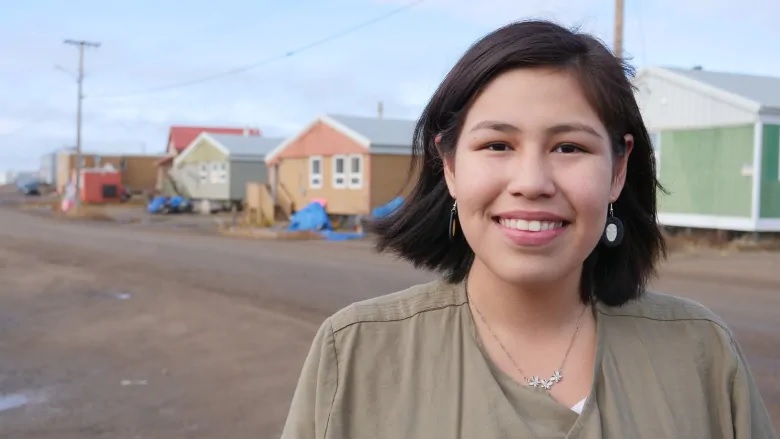
“It’s our culture that’s being affected most by climate change … and it’s our land too that’s getting eroded and that’s where our ancestors hunted.”
They worked on it for most of the summer, filming their community, interviewing people like elders and hunters about the impacts of climate change, as well as federal Environment Minister Catherine McKenna and the president of Inuit Tapiriit Kanatami, Natan Obed, when they visited the hamlet this summer.
How the film came to be
Maeva Gauthier, a University of Victoria student pursuing her PhD on engaging Arctic youth on global change, said the film came out of her research project.
She visited Tuktoyaktuk last summer and heard students’ concerns about climate change. The community is seeing coastal erosion to the point that houses are at risk of slipping into the ocean and will have to be moved.
Gauthier said she applied for a grant that paid for film gear for the students, and to hire someone to lead the film workshop.
She calls it “amazing” that the students will get to show their film on an international stage.
“They are very talented … it’s almost nurturing what they know and pushing them to learn more.”
Gauthier said the students aren’t stopping at one film. They are already planning their next documentary on microplastics, which they hope to start filming in March.
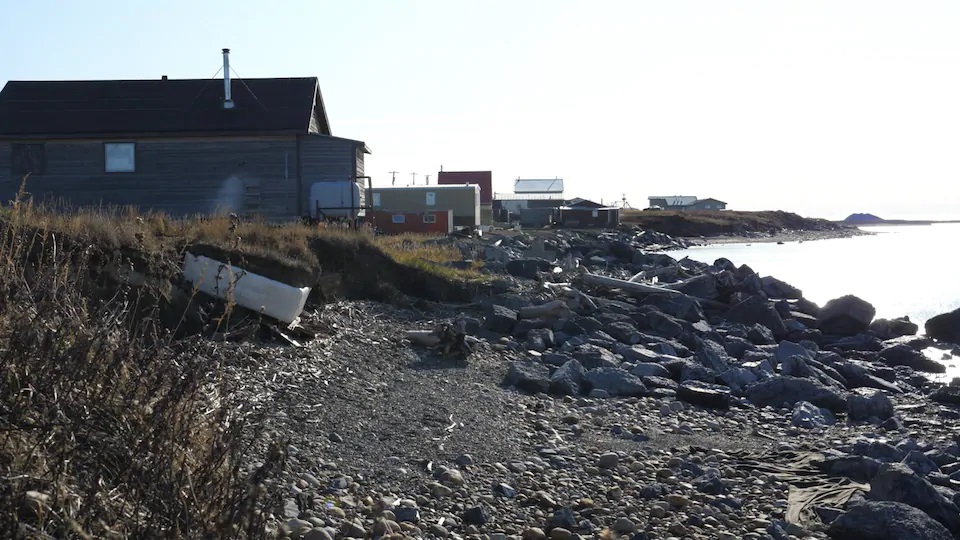
Gauthier said she’s shown Happening to Us to some of her students in the South, who didn’t realize the urgency of climate change.
“When they see that movie, it’s a way for them to see something authentic, raw and very personal view.”
So far the teens have raised about $7,000 of their $45,000 goal, so four of them can go to Chile. The summit will bring together governments, international organizations and the private sector to talk about solutions to climate change — from renewable energy to sustainable agriculture.
The teenagers say they are excited for an experience that they never thought they’d have.
Related stories from around the North:
Canada: What an ice-free Arctic really means, and why it matters so much, CBC News
Finland: Finnish youth on strike for climate action, Yle News
Monaco: Sea level rise to provoke ‘profound governance challenges’ & ‘difficult social choices’ says UN climate report, Eye on the Arctic
Norway: Emissions dropping in EU, but not in Norway, The Independent Barents Observer
Russia: Climate change threatens security and industry, Russian PM says, The Independent Barents Observer
Sweden: How a Swedish city is trying to turn green with more bikes and an electric ferry, Radio Sweden
United Kingdom: Documentary will show climate change through eyes of pioneering scientist, Cryopolitics Blog
United States: Heat stress that caused Alaska salmon deaths a sign of things to come, scientist warns, CBC News

